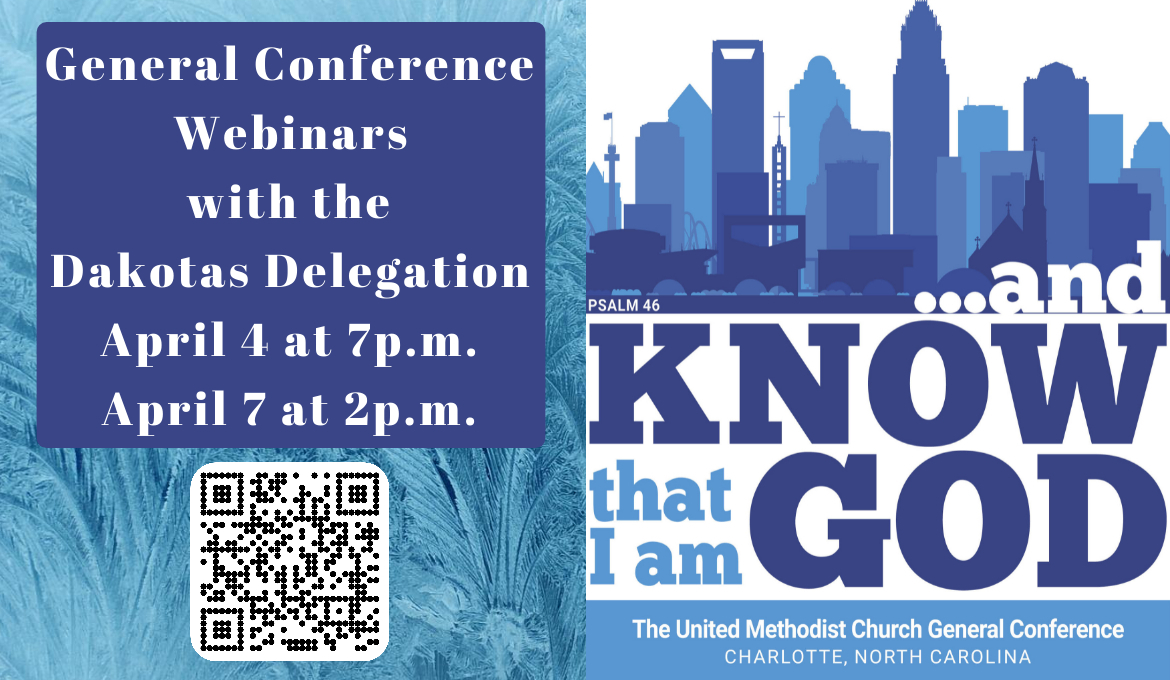
Record-low budget will be considered at General Conference

Delegates to General Conference will be presented with a budget that represents a nearly 43% reduction from the previous budget, as revenues have dropped due to church closures and other factors.Image by Steve Buissinne, courtesy of Pixabay.
The General Council on Finance and Administration is proposing the lowest denominational budget in 40 years. Both the finance agency board and Connectional Table jointly approved the budget allocations.
The 2025-2028 denominational budget of about $346.7 million marks a nearly 43% overall reduction from the $604 million denomination-wide budget that General Conference approved at its last regular meeting in 2016. This represents the biggest budget drop in the denomination's history.
The Dakotas Conference delegation, Beata Ferris, Kara Heagel, Rev. Sara Nelson, and Rev. Rebecca Trefz, will join 862 other delegates elected from around the world to consider the denomination's budget, policy and direction and handle other important business.
The budget proposal requires significant cuts to all funds that support denomination-wide ministries—including United Methodist bishops and especially general agencies.
Overall, the World Service Fund that supports the work of most general agencies will be cut nearly in half compared to the budget passed in 2016. The biggest World Service Fund-supported agencies—Church and Society, Global Ministries, Higher Education and Ministry, Discipleship Ministries, and United Methodist Communications—will see nearly a 53% cut from their budgets. For the record, United Methodist News is part of United Methodist Communications.
The bulk of funding for The United Methodist Church's budget comes from apportionments paid by U.S. annual conferences. The regional bodies, in turn, set the apportionments—shares of giving—requested from local churches.
In the U.S., the formula for determining an annual conference's apportionments is its total local church net expenditures multiplied by a General Conference-approved base rate.
Net expenditures are what a church spends after capital expenses, apportionments, and benevolent giving. Put another way, the fewer local churches there are, the lower the net-expenditure side of the ledger. Fluctuations in net expenditures ultimately will change the budget's bottom line.
Rick King, GCFA's chief financial officer, said one of the biggest misconceptions about the budget is that what delegates approve at the General Conference will remain the same for four years.
"It will likely change," he said, "and it will change because local church net expenditures at the time of General Conference are only projections for the last three years of the quadrennium."
The Rev. Moses Kumar, GCFA's top executive, also disputed the notion that the finance agency operates out of a scarcity mindset.
"It is difficult but rewarding work to balance the needs of the church at all levels," he said. "But we keep our ultimate goal in mind: Making disciples and equipping the people who are doing the important ministry."

Join your Dakotas Conference General Conference delegation for a webinar on April 4, 2024, at 7 p.m., Central Time, 6 p.m., Mountain Time, or April 7 at 2 p.m., Central Time, 1 p.m., Mountain Time, to learn more about the 2025-2028 Budget Proposal and other legislation that will be considered at the upcoming 2024 General Conference in Charlotte, North Carolina.
Resources:
Read details about the proposal amid church losses.
Read and learn more from Ask UMC.
Watch a video about Understanding the UMC Budget Process.